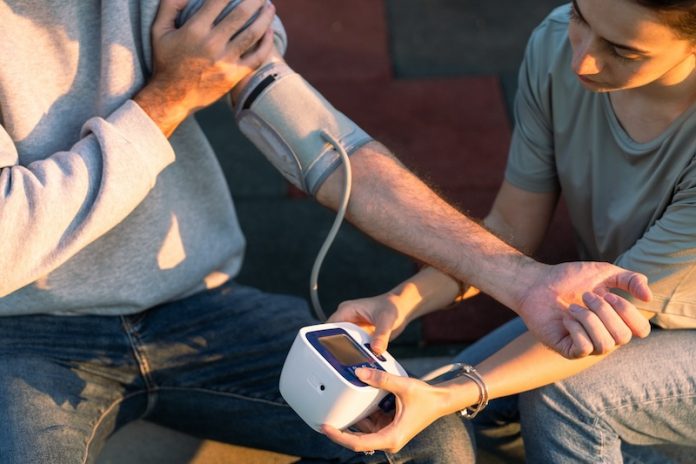
Aspirin is one of the most widely used medications in the world. People take it to ease pain, lower fever, and in some cases, reduce the risk of heart attacks and strokes.
Because it helps thin the blood and prevent clots, scientists have also explored whether aspirin could play a role in preventing high blood pressure, also known as hypertension—a condition that affects millions of adults worldwide and can lead to heart disease, stroke, and kidney damage.
At first, the idea made sense. If aspirin improves blood flow and lowers the risk of clots, maybe it could help keep blood pressure under control, too.
Some early studies seemed to support this idea, especially for pregnant women at risk of preeclampsia—a serious condition that involves high blood pressure during pregnancy. In those cases, low-dose aspirin did help reduce the risk, and it’s still used for that purpose today.
But when scientists looked more closely at aspirin’s effects on the general population, the results were not so clear. Over the years, several large studies have tested whether taking aspirin regularly could stop people from developing high blood pressure or reduce the risks linked to it.
The findings have been mixed. Some studies showed small benefits, while others didn’t show much of a difference at all. And importantly, aspirin is not without risks. Taking it every day, especially for people who don’t already have heart problems, can lead to side effects like stomach bleeding or ulcers.
Because of this, experts now recommend caution. For most healthy adults, especially those without a history of heart disease or stroke, aspirin is not advised as a way to prevent high blood pressure. The small possible benefits just don’t outweigh the risks.
This shift is reflected in modern medical guidelines. Doctors now focus more on lifestyle changes—like eating well, exercising regularly, avoiding tobacco, limiting alcohol, and managing stress—as the most effective and safest ways to lower blood pressure and keep it in a healthy range.
For people who already have heart problems or who are at very high risk, aspirin might still be helpful. But that decision depends on each person’s health history and should always be made with input from a healthcare provider.
This change in thinking shows how science grows and adjusts over time. Aspirin was once thought to be a possible everyday tool for preventing heart problems in nearly everyone. Now, with more data and better understanding, we know its use needs to be more targeted and carefully considered.
In the end, while aspirin remains important in certain medical situations, it’s not a magic bullet for preventing high blood pressure.
The best way to protect your heart and control your blood pressure is still through a healthy lifestyle—something that benefits your whole body, not just your heart. And if medicine is needed, your doctor can help choose the safest and most effective option for your individual needs.
If you care about blood pressure, please read studies about how diets could help lower high blood pressure, and 3 grams of omega-3s a day keep high blood pressure at bay.
For more health information, please see recent studies that beetroot juice could help reduce blood pressure, and results showing cinnamon could help lower high blood pressure.
Copyright © 2025 Knowridge Science Report. All rights reserved.



